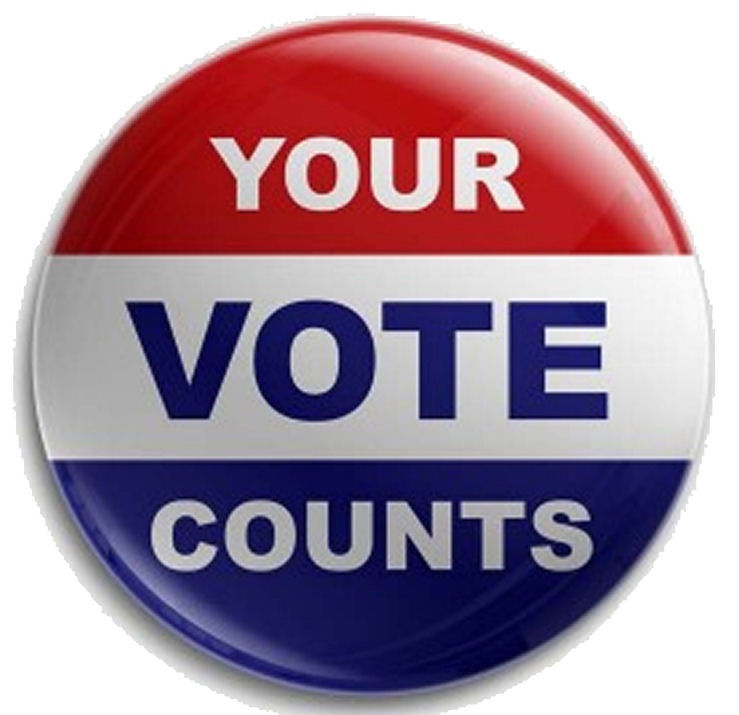As I am becoming more knowledgeable about this, I am trying to do my part to reach out to individuals who may have more challenges with voting. One organization is The Center for Common Ground. Volunteers are given a list of individuals who have been identified due to cultural, economic and historical considerations. Some of these individuals do not have internet access. We write postcards with a scripted message and include information on contacting a resource to make sure they can get to the polls.
How can we help people in our communities and gain awareness around barriers to a free election system? One way is to know what the barriers are and why a portion of our citizens feel voting is not worth the effort.
The following are some potential barriers towards voting
Voter ID Requirements: Most people have a photo ID, but some don’t. Requiring this excludes people who use PO boxes or live in secluded communities, such as Native Americans living on reservations.
Language Barriers: Jurisdictions are required to allow citizens to vote. However, they do not translate information in the person’s first language. This makes it hard for some immigrants and communities of color to access needed information and to vote.
Funding Issues: It is getting harder for municipalities to have the resources to make sure everyone’s vote counts. This came to light in the 2000 election which highlighted outdated voting machines and confusing ballots. Remember the “butterfly ballot?”
Polling Center Closures: As funding continues to diminish, more polling places are closing down to cover wider geographical areas. This can lead to barriers accessing centers due to mobility issues and for those that do not have transportation.
Training and Education: In order for Poll workers to handle and manage the responsibilities on election day, increased training is needed so that workers can assist with provisional ballots, language assistance, accessibility and being aware of voter intimidation.
Partisan Election Officials: State and local officials handle elections. Many of these officials have a stake in the outcome that is favorable to their candidate.
In the last several years, the philanthropic community, lawyers, activists and grassroots organizations have joined forces to fight to maintain voter’s rights. If you know anyone who is impacted by these barriers, get involved and help to ensure that they can exercise their right to vote. Contact local government organizations, ACLU or the Justice department to make sure these citizens can access a polling center.
Additional resources are www.aclu.org, www.commoncause.org or your local election board.
Don’t forget to vote.
Kay Gimmestad, LCSW-C is a business coach and clinician in New York City with 20 years of experience working in the profit and not for profit sectors of Human Resources, Health and Human Services. She has built a reputation for being highly skilled in facilitating behavior change while working with employees, both individually and in groups, on matters relating to performance management, substance abuse, crisis intervention, and stress/wellness.

 RSS Feed
RSS Feed
